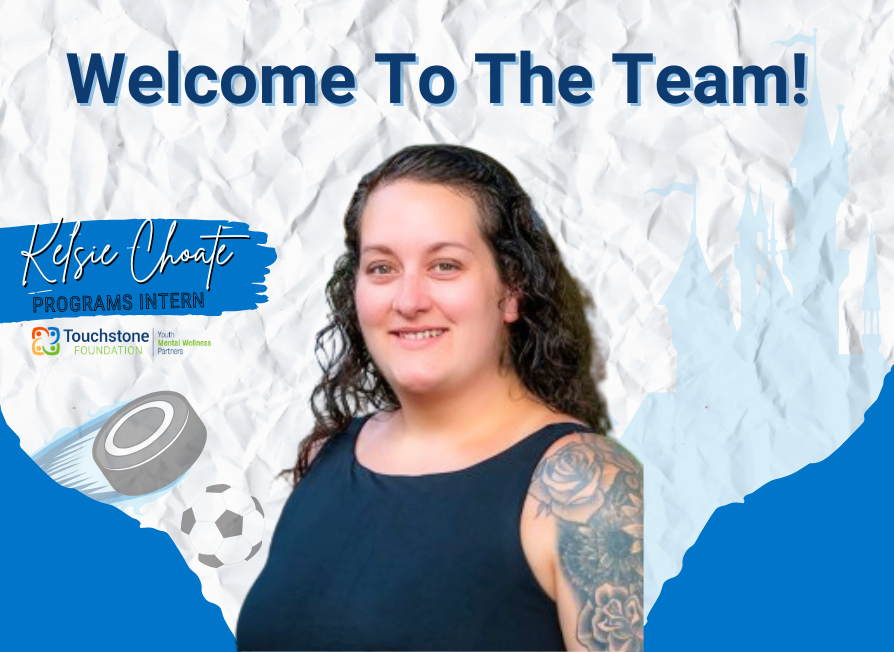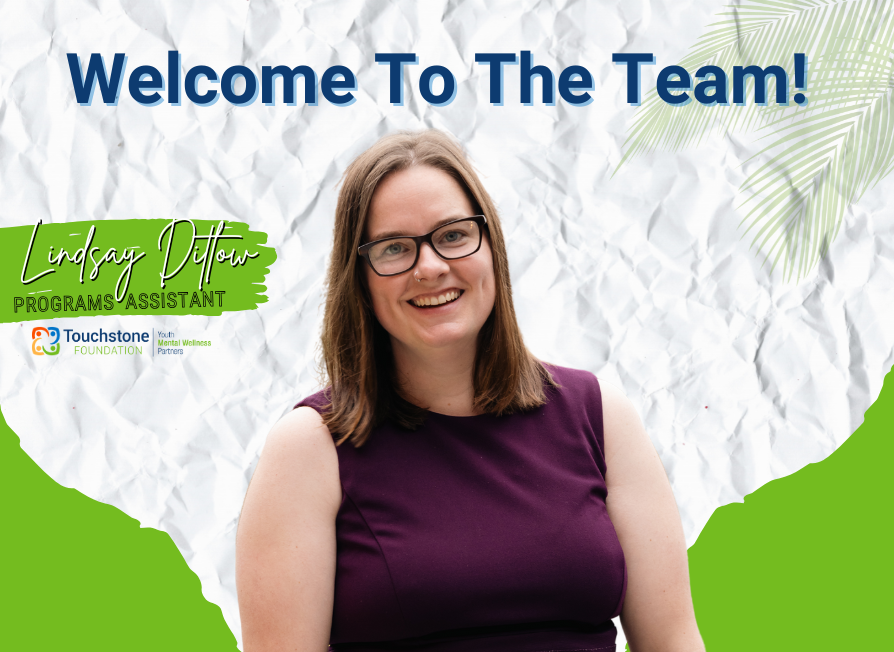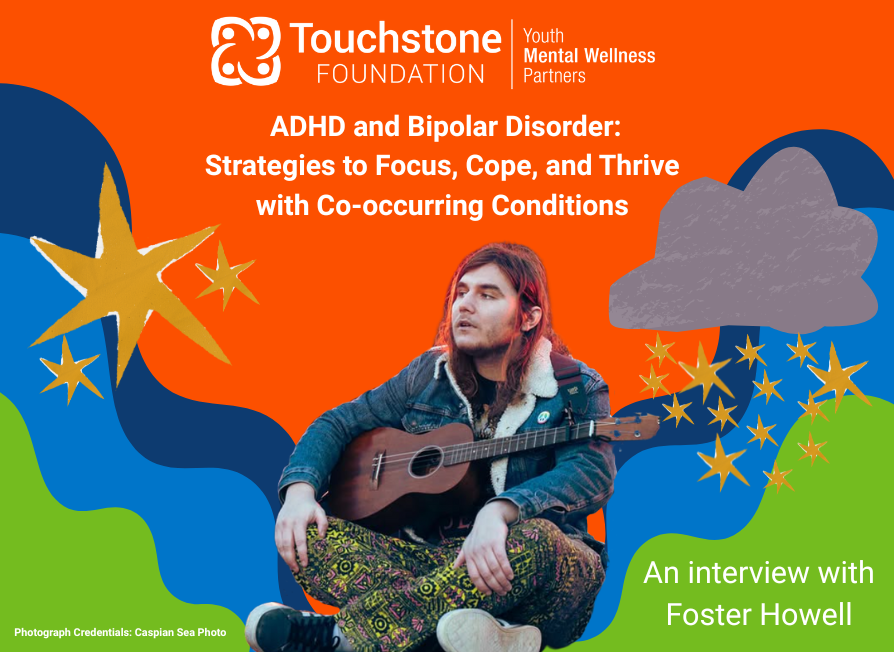By Anna Kennedy, LOHF Executive Director
Recently, I attended Equity Summit 2018 with PolicyLink and other national health foundations to learn how to view children’s behavioral health through an equity lens. Angela Glover Blackwell, CEO of PolicyLink defines equity as “promoting just and fair inclusion throughout society and creating the conditions in which everyone can participate, prosper, and reach his or her full potential” (SSIR, Winter 2017).
Equity and Children’s Behavioral Health
Equity relates to LOHF’s work to improve children’s behavioral health. Equity means we make it easy for all families to get the mental health care they need and deserve, whether it’s at school, a doctor’s office, or a behavioral health provider. Equity also means we stand in solidarity with our community partners to promote and encourage their work offering solutions. This helps so that we can all live healthier, more productive lives with our families.
For us at LOHF, this means that we engage in collective impact work, and we support our grant partners and community leaders to offer ideas and solutions. When we engage in this kind of solidarity, we unite our community for the cause of children’s behavioral health. Equity is participation and cooperation for justice and fairness in our communities.
Inspired for Change
I met so many inspiring folks whose stories of overcoming adversity left me feeling inspired and motivated for change. In the opening plenary, Angela Glover Blackwell challenged us to use our radical imaginations as we seek to offer equitable solutions. This audacity drives us to envision a better world. It sparks our creativity and hope, and it fuels our resolve. Foundations from across the country sent delegations of grant partners, community organizations, state and federal agencies, and community organizers to discuss how to create a more just society, and a more equitable economy.
Translating and Testing Ourselves
How do foundations embrace equity in the design and implementation of policies, programs, and investment strategies? I loved what Leticia Peguero from the Andrus Family Fund at Surdna Foundation shared. She said that her test of whether she’s communicating effectively is whether she can easily translate her work into Spanish so that her grandmother in Puerto Rico can understand. This should be the test for each of us. Are we making sense in our communities, or are we speaking in jargon and meaningless acronyms?
Foundations discussed scaling equitable strategies in housing, economic opportunity, criminal justice, and health equity work. Foundation leaders shared how they are prioritizing equity in their work. Some discussed spending down endowments, others shared how they’ve moved to program-related and mission-based investing.
My Personal Challenge
I challenged myself too. After returning to Lancaster, my 74-year-old father asked me what I learned in Chicago. He asked, “Why were you there?” I told him about health equity and racial justice, and then I explained that we have a coalition in Lancaster designed to combat poverty. One thing it’s doing is training community leaders to fix up old homes. It teaches construction skills and then sells these renovated homes to families so that children can grow up in safety. When families own their homes, neighborhoods are safer, stronger and more resilient. This made sense to my father. He said, “So it’s all about health and wealth?” Yes, that’s pretty much it.
Want to Learn More?
If you’d like to dive deeper, check out the videos of the PolicyLink opening and closing plenaries. I found these conversations to be some of the most inspiring and uplifting.




